A problem for optimists is that they can never be pleasantly surprised.
Not that optimism is a bad thing…

Not that optimism is a bad thing…
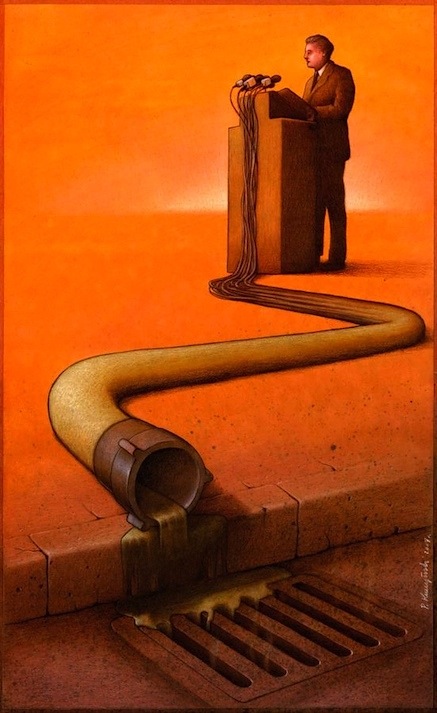
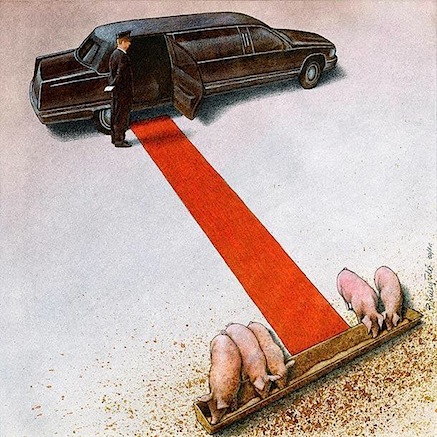
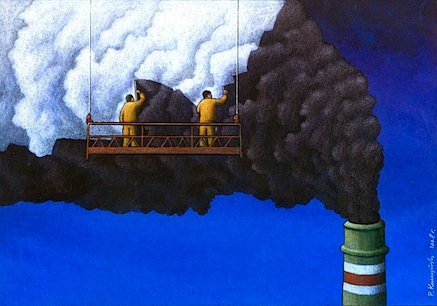
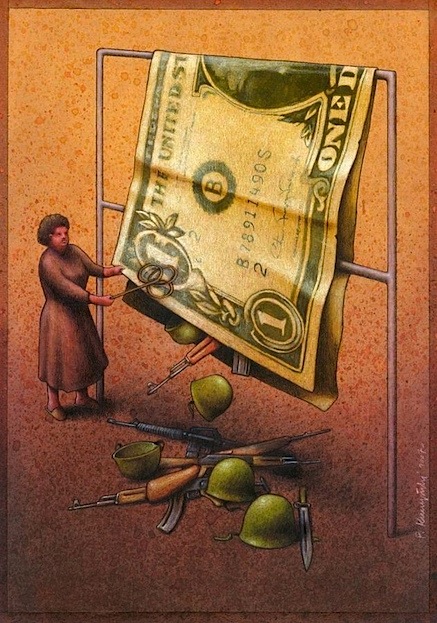
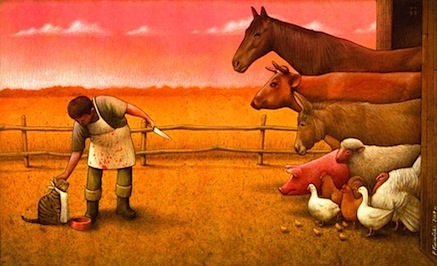
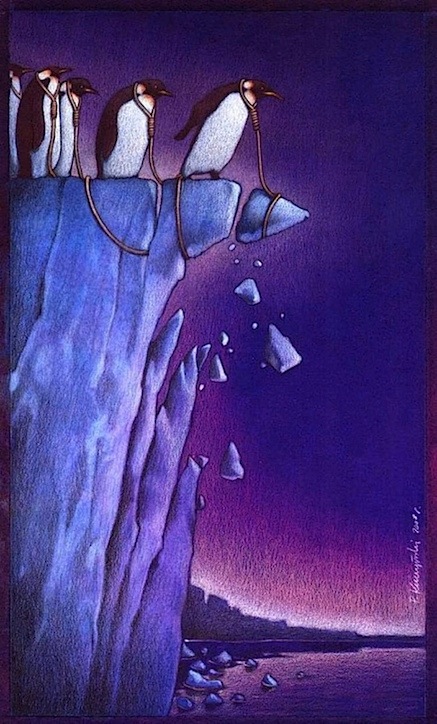
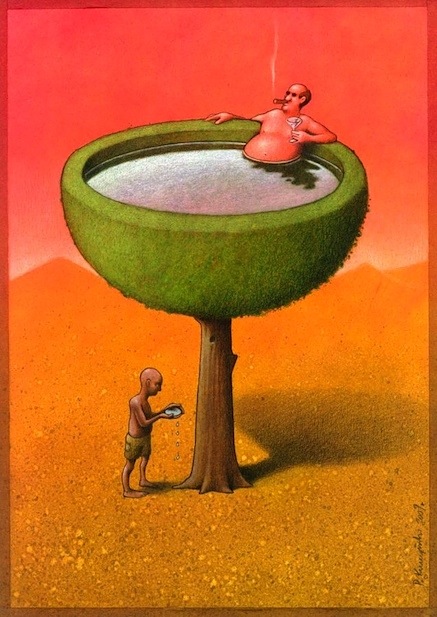
Poznan, Poland
Illustrator Pawel Kuczynski portrays today’s social, political, and cultural realities with his thought-provoking work…
See more here.
It all comes down to mutually rewarding communication…
—Kahlil Gibran
—Ralph Waldo Emerson

Paris, France
65 years ago today, on 10 December 1948, the Universal Declaration of Human Rights was adopted by the United Nations General Assembly at Palais de Chaillot, Paris. The Declaration arose directly from the experience of the Second World War and represents the first global expression of rights to which all human beings are inherently entitled.
On that day, the Declaration was adopted by a vote of 48 in favor, 0 against, with eight abstentions: the Soviet Union, Ukrainian SSR, Byelorussian SSR, People’s Federal Republic of Yugoslavia, People’s Republic of Poland, Union of South Africa, Czechoslovakia and the Kingdom of Saudi Arabia. (The South African position can be seen as a kind of protection of the system of apartheid in South Africa, which clearly violated any number of articles in the declaration. The Saudi Arabian delegation abstained mostly for two reasons: because of Article 18 which states that everyone has the right “to change his religion or belief” and because of Article 16 on equal marriage rights. Eleanor Roosevelt attributed the abstention of the Soviet bloc nations to Article 13, which provided the right of citizens to leave their countries).
Many consider the Declaration to be the most important document ever written, essentially “the international Magna Carta of all mankind.” As such, it has also become the most translated document in the world.
10 December was established as Human Rights Day in 1950, and has been commemorated annually around the world on this date ever since.
Read the full text of the Universal Declaration of Human Rights here, or download a PDF of the text here.

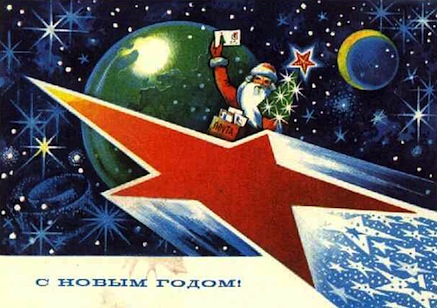
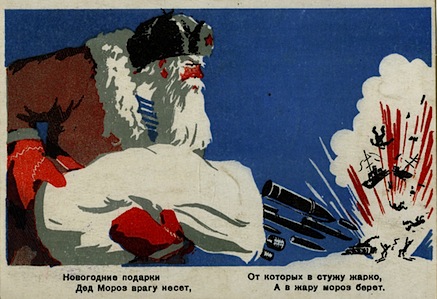
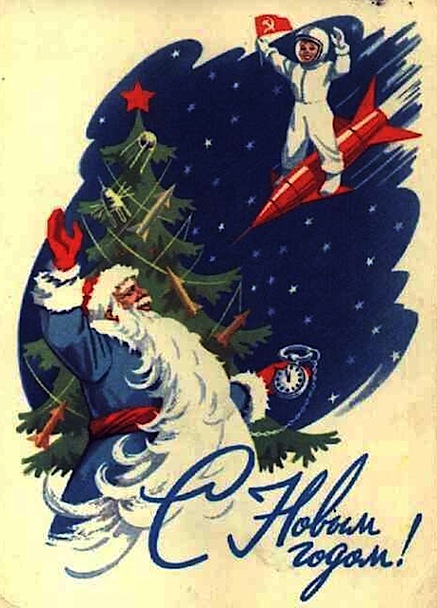


(Link to source, with many more, broken — sorry…)